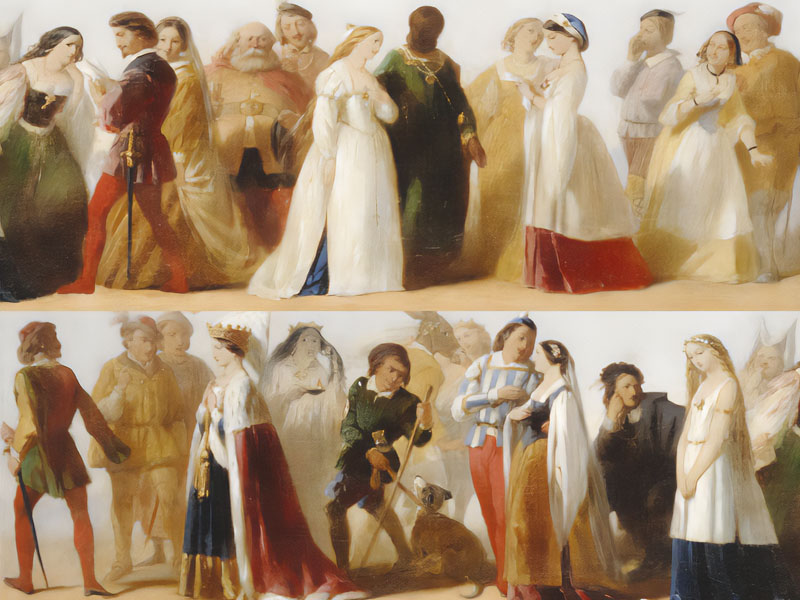Arab Narrative Heritage: Mimesis
Issue 44

The story of ‘Hayy ibn Yaqdhan’, written by the Andalusian writer, physician and philosopher Abu Bakr Muhammad Ibn Tufail, is one of the most influential ancient literary texts in Arabic literature. Characterised by profound ideas and symbolic power, the philosophical story has a creative narrative structure and artistic values.
‘Hayy ibn Yaqdhan’ is the biography of a man’s epistemological journey; it provides an in-depth perspective on human concerns and criticises different attitudes and behaviours. We could say that Ibn Tufail surpassed expectations by writing a story that transcended the tales that were popular in his era.
Ibn Tufail {506 AH (1110 AD) - 581 AH (1185 AD)} wrote a story in a narrative and symbolic style that had a great impact on the Arabic readers since his era to this day. It has Sufi characteristics, advocating for the philosophy of achieving spiritual enlightenment through meditation. In this paper, we attempt to study the story of ‘Hayy ibn Yaqdhan’.
A boy named Hayy ibn Yaqdhan, which is a symbolic name (according to Ibn Sina, this means alive and observant or careful), grew up on an Indian island near the equator. In one version, he was created directly from clay and had no father or mother; in another version, Ibn Tufail said that the boy was the nephew of a king on a neighbouring island. The king’s sister gave birth to the boy secretly; she was married without the king’s consent. After he was born, she placed him in a coffin and put him in the ocean, and the waves carried him to a nearby island. He was raised by an antelope that fed him with her milk, thinking that he was her lost calf.
When he grew up, he had many natural and supernatural gifts. He was able to access the divine truth and to experience what the Sufis call ishraq (illumination) through meditation. Through this state of spirituality, he attempted detaching himself from the physical world.
A Sufi man named Absal arrived from a nearby island to devote himself to worship, thinking that the island had no inhabitants. After meeting Hayy ibn Yaqdhan, he taught him language and religion. Absal guided Hayy to the neighbouring island where he was born. There, they tried to teach people the great universal facts by explaining that love unites beings and their creator and that the idea of reward and punishment is symbolic, but people did not listen. They found that the knowledge they came to know through passion was not understood by the public, so the two men returned to Ibn Yaqdhan’s island to worship in their own way until they left this earthly world of evil and misery.
The narrative structure of the story, the uniqueness of the concept, and the story’s power to inspire make this a great work of literature. In this story, through Hayy ibn Yaqdhan, Ibn Tufail presented a journey to knowledge. Ibn Tufail showed readers how Hayy’s gifts and his drive to understand the deep knowledge of the universe helped him discover the path to God.
This structure of presenting basic knowledge to the recipient to have and defend in his own way is how Ibn Tufail provided a unique story which contributed to the advancement of Arabic literature.
Aziz Al Arbawi
Morocco







































































